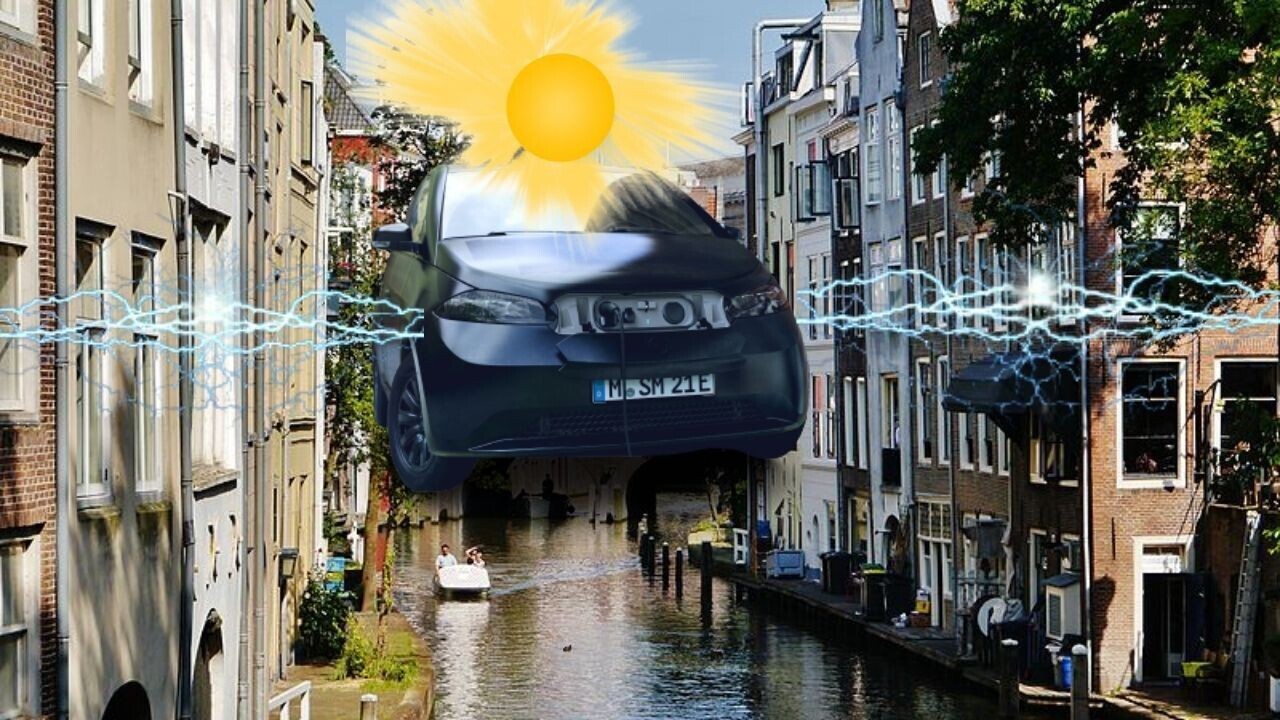
Did you know SHIFT is taking the stage this fall? Together with an amazing line-up of experts, we will explore the future of mobility during TNW Conference 2021. Secure your ticket now!
Utrecht, the Netherlands’ fourth largest city, is on its way to becoming the first region in the world with a bidirectional ecosystem. How? By using vehicle-to-grid charging(V2G), combined with car sharing.
Bidirectional V2G charging is an efficient and cheap way to store and use renewable energy. The idea is simple: electricity flows both ways, meaning from the grid to the electric vehicle and vice versa.
Utrecht has already partnered up with We Drive Solar and Hyundai, and now will get a fleet of solar electric vehicles (SEVs) made by Sono Motors.
Under the deal, the Munich-based startup will provide the city with 100 Sion solar cars to support the city’s bidirectional goals.

Thanks to their V2G capabilities, the Sion SEVs will access Utrecht’s 500 bidirectional chargers and feed energy back to the grid through their 54kWh batteries.
Specifically, the energy stored in the solar car’s battery can deliver up to 11kW to other electric vehicles, or to homes and the grid via the bidirectional on-board charger.
Combined, the 100 Sions will be able to provide 1.1 megawatt peak power to the city of Utrecht. According to Sono Motors, this is equivalent to the energy created by a large photovoltaic power plant about the size of two football fields.
With this capacity, the solar car fleet will help reduce grid instabilities and the likelihood of blackouts.
“This is the perfect project for Sono Motors to further our vision of a world free from fossil fuels as it is a clear demonstration that electric vehicles can support the transition of the energy sector as a whole,” stated Jona Christians, CEO and co-founder of Sono Motors.
The solar Sions will join We Drive Solar’s car sharing system, which, by early 2022, will have up to 150 bidirectional shared Hyundai Ioniq 5s.
Do EVs excite your electrons? Do ebikes get your wheels spinning? Do self-driving cars get you all charged up?
Then you need the weekly SHIFT newsletter in your life. Click here to sign up.
Get the TNW newsletter
Get the most important tech news in your inbox each week.





